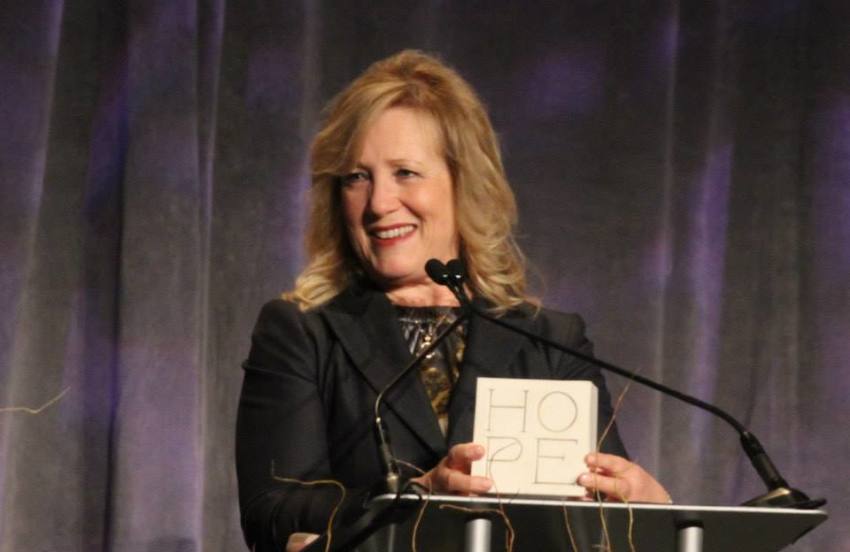Kay Warren Talks 'Very Conservative' Upbringing, Molestation and Porn Magazines

Evangelist Kay Warren, an author and co-founder of Saddleback Church in Lake Forest, California, has said that her very conservative upbringing, combined with being molested as a little girl and being exposed to pornographic magazines, led to a good deal of sexual confusion in her youth.
Warren, who is promoting her book, Sacred Privilege, opened up in an interview with Christian Today about some of the dark experiences she had growing up.
"I was molested as a little girl. I can't hide behind that and I am the one that has to take responsibility," said Warren, who joined the #MeToo conversation in October, when many other Christian women shared their stories of sexual assault and abuse on social media.
She said that she learned resilience, however, and the ability to "hold on in the harder times," as it "allows me to be a much more effective minister for Christ when I am spiritually healthy. Ministry is hard and if we are going to last we have to look in the mirror and take responsibility for growing close to Jesus."
Warren, who is the wife of megachurch pastor Rick Warren, talked about growing up with "very conservative" parents.
"Conservative in every way that was possible in the U.S. in the 1960s and '70s to the place of if a Christian family came to our church and wanted to join, if they came from another denomination, they had to be re-baptized ... Just a very, very narrow definition of everything," she described.
"But on the positive side they loved Jesus and they lived out their faith in front of me. They made God winsome, they made God attractive. I wanted a relationship with God in spite of all the rules and no dancing and no two-piece swim suits and so on."
At the age of 12 or 13, she found pornographic magazines at the homes of family friends she was babysitting for, which she said led to both "repulsion and fascination" with sex.
"It is impossible to overestimate the effect of discovering pornographic magazines in a neighbor's home when I was babysitting, partially because we didn't talk about sex in our conservative home, plus the expectations to be perfect, not to stumble in any way ... it all came together in a very toxic way that left me divided, two different people: there was the good girl who loved Jesus and wanted to be a missionary, and the girl who was a complete and utter embarrassment to Jesus ... there was a fear of being disqualified from serving Jesus or even being a Christian," Warren said.
The Christian author said that the lowest point in her life was the death of her son, Matthew, who committed suicide in April 2013 after battling mental illness.
This was one of the things that led her to question whether God is really good or not.
"The real struggle for me is around God's goodness," she said.
"It is a much more painful struggle for me than questioning His existence. It feels like there have been many opportunities, many circumstances in my life that bring me back to that question: 'God, are you good, and if you're not, why would I want to trust you, and if you are how do I trust you when it feels like what happened is too painful to endure?"' Warren wondered.
The evangelist has become a strong advocate for mental health support in the church, and argued that unlike what some Christians believe, going through depression or anxiety does not mean that one does't love Jesus, or that they aren't praying enough.
"There has been a misbelief over the years that any emotional pain is somehow demonic: just the opposite is true. Science is catching up with what the Bible has said, that we are complex people — and the brain is part of our body," she added.
"It's a misunderstanding of what mental illness is. Even though I think there's progress I do see it today."
In the Christian Today interview, Warren was also asked about President Donald Trump and evangelicals who support him. Saying she wanted to be "careful" in her response because of her and her husband's pastoral role and her desire not to alienate anyone, Warren simply said Christians "must reflect Jesus accurately."
That includes "love, compassion, kindness, his heart of love for the vulnerable, those on the edges, immigrants, those with mental illness, those who live in poverty. He hates racism, he is against words of violence, actions of violence, he asks us to be his agents of mercy and reconciliation in this world. So that requires every Christ follower to evaluate their political affiliations – what label they present," she said.



























